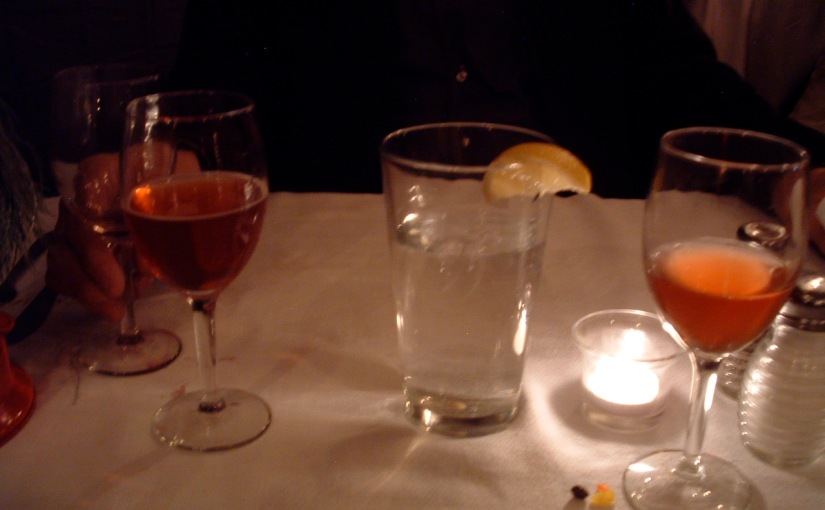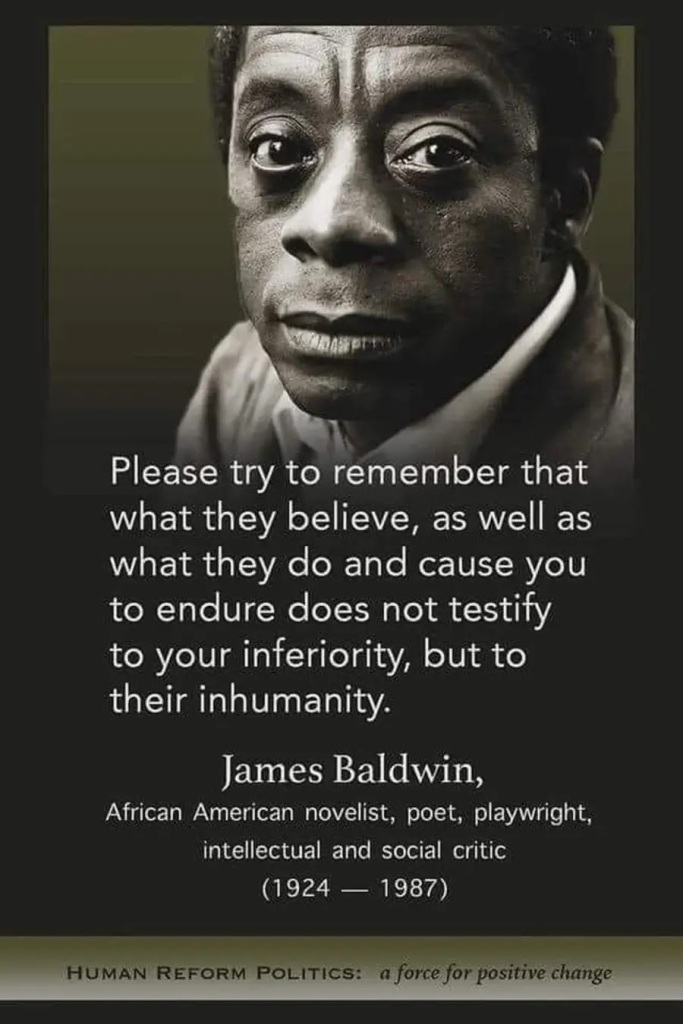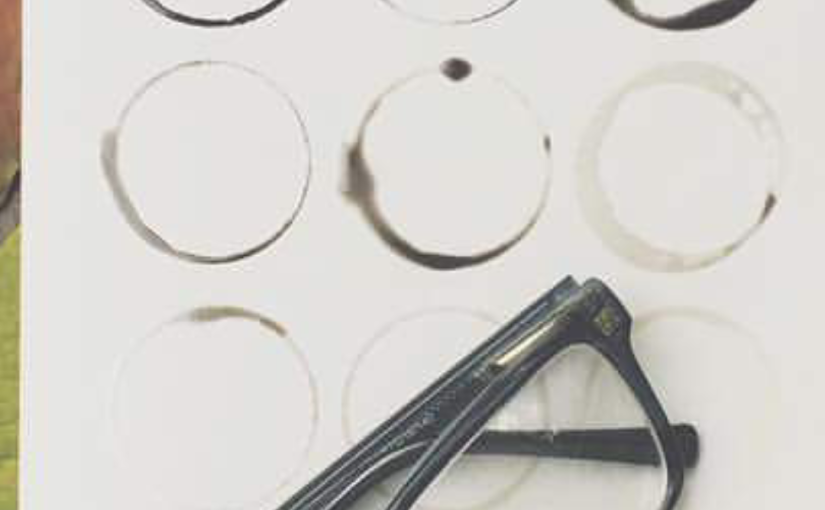**(Trigger Warning: this piece includes relatively mild adult bullying behavior and adult
themes including grief, loss, and mild, present or implied sexuality and for those reasons
some readers might rate it PG-13. Just want to be sensitive, so that you readers
have advance notice and choice.)**
Some people in social situations are said to “own the room”; others blend in or serve the room in some capacity; still others are always simply looking for a way out of the room, and that was Philip. He just looked trapped in most any setting, like a prey animal, a gazelle perhaps, finding itself inexplicably in the tiger’s cage at the zoo. He felt like I did, but he showed it. This made him dangerous; a liability. He had even less protective armor than I did. This made him vulnerable.
I worked with Philip in a fine dining restaurant twenty years ago. I was a veteran, a senior waiter, when he started. He had a small, nervous laughter and you sensed that he was always just on the verge of folding up; of closing in on himself. This acted as a magnet, as a beacon drawing assholes like me, at least like the asshole I was most of the time that I knew Philip. From the time he started at the rooftop restaurant he always seemed like an outsider even to me. If someone besides me could be the outsider for a change that must mean that I was on some unimaginable threshold of being considered “in”. And this is the perfect recipe for creating a bully.
My deep shame about how I treated someone else barely allows me to share this story. From time to time I weep even now, even as I commit my reprehensible behavior to the page, to documentation, to creating evidence outside of my own head of what an insensitive and mean person I was; what a cold and distant person I can be. But, we can’t grow at all, I don’t think, if we try to deny the nicks we’ve received and given as Life has moved through us. We are, all of us, the largest “scratch and dent floor model collection” ever. None of us remain unscrapped, unmarred; some of us even deformed by some defense mechanism or deficiency.
* * * * * * *
I opened the swinging entrance door to the restaurant kitchen and called out, “Table 42 is waiting on a bread basket!”
“I got it,” the new server replied as I stepped back into the the blind spot just between the swinging side-by-side entrance and exit doors outside of the kitchen. I listened carefully, anticipating his approach and careful to stay out of view of the porthole-shaped window in the door. The moment I hear the server approach the door, on his way to serve the sourdough loaf and butter on a serving tray now balanced on the fingertips of his left hand just above his head, I put out my right foot, blocking the door and ensuring that the server on the other side will collide with the stationary door. As soon as I heard the anticipated crash of the tray on the floor and Philip’s muted cussing I ran to the restaurant lounge to create the alibi of any conversation.
The abuse I rained down on Philip wasn’t physical. It was, at its mildest, simply making him feel unwelcome. If there was a joke among us, I made certain he wasn’t in on it and, of course, often he was the punchline. I can’t do two things: I can’t tell you what possessed me to be so horrible and I can’t be more ashamed that I was. I’ve tried to remember, not to excuse, but to try to understand my own behavior even a little. It was 1994. I was certainly traumatized and hobbled, as so many of us were, by so many friends having died so fast of A.I.D.S., by so many still dying, and unprepared for how many were still yet to leave us too soon. Maybe my nearly unbearable grief, constant stress, and utter helplessness made me detest and even strike out at what appeared vulnerable. Maybe I became so accustomed to being afraid and in grief all the time that I just left the protective armor on all the time. Maybe I added to it and maybe that was part of what made me mean. All that’s mostly unreliable memory and conjecture, both forever altered by those years of The Plague; but it isn’t an exaggeration to say that I was horrible to Philip. I was. I was basically his nemesis for no damn good reason at all. For no damn good reason at all, I made his world more unpleasant, to say the least; he might have said that I made it hell.
Finally, one night at work Stephanie, the hair spray ninja with big hair and even bigger balls, storms out of one of the banquet rooms and makes a beeline for me in the side stand. She flies to a stop in front of me, her eyes flaring, her lips thin, tight lines, as she aims her rage at me:
“And aren’t you somebody? Mr. Big Fat F*cking Somebody now!,” she sneered.
“What’s wrong with you? What are even talking about?,” I asked, even though my gut knew. I had seen him leave the floor.
“Making Philip cry! That’s what! Mister Big Shot picking at him all the damn time! You need to get your shit together or go home . . . queen!,” and even though that sounded like a good place to stop to me, Stephanie wasn’t nearly done.
Stephanie continued to read me until I could barely breathe. Stephanie, of course, was just a coworker, she couldn’t ‘send’ me home. This was just the way Stephanie always talked; “just callin’ it as she saw it”, as she said. Generally though, Stephanie could back up her mouth, whereas I, generally, could not. Whatever it was that I had said to make this man cry (I really don’t remember now), I had to apologize immediately. Eventually, I approached him, slowly, cautiously, as you would approach any wounded thing; especially when you’re the one responsible for the wound and I did apologize. Mostly, I spoke to the top of Philip’s head while he studied his shoes like he’d never seen them before. When Stephanie, apparently the self-appointed mediator, asked him if he accepted my apology, Philip looked up at me, his eyes red, and nodded that he did accept my apology, though any sighted person could see that he didn’t even believe me. Understandably, he just wanted out of the room.
Philip left work early that night. I slunk around my coworkers in my shame like a wounded cat the rest of the night, then headed to the bar after work. Of course, Philip was there. I ordered a drink and walked over to where he was sitting.
“Wanna try again?,” he asked.
“Try again?,” I ask, nearly shouting to be heard over the noise of the bar.
“Your apology, you wanna try again,” he asked, lowering his eyelids halfway.
I half smiled and said, “Yes, actually, I do. I would like to try again, but it’s so loud here. Would you like to come up to my place? We can talk there. It’s not far from here.”
His eyes registered surprise just before he said ‘yes’. At my place, I pour us both a glass of wine. We sit on the couch, half-turned toward each other, right knee to left knee. Philip breaks the momentary silence.
“I thought you only wanted to make fun of me,” he said.
I felt my shame burning inside me again and said, “No, that’s not what I want at all.”
“But you did,” he said at once.
“Yes,” I said, “I did and I’m so sorry, Philip. I was scared and mean and wrong. I don’t know what else to do except tell you how sorry I am and to ask you to forgive me. I felt small and I tried to make you feel small, too. I’m so sorry for that. It was me who was small, not you. You were always beautiful,” I explained.
“You’re not now,” Philip said.
“Not now what? I’m sorry?,” I asked.
“You’re not small now,” he smiled mischievously.
I noted his reference that I was doing my best to ignore and swallowed hard and persisted.
“Excuse me, Am I forgiven?,” I asked, trying not to grin.
“Sure,” he said, “if you mean it.”
“I mean it,” I said.
“I mean it too,” he said grinning.
“Mean what, too?,” I played along.
“I mean you’re not small,” he repeated.
“Like I said, you were always beautiful. That,” I say, glancing toward my erection, “is your fault.”
I lean in and kiss his neck lightly.
“Now why’d you wanna go and do that?,” he asked in a near whisper.
“Because,” I said, bringing my face a breath away from his, “because I didn’t have the courage to just go on and do this right away,” I said and kissed his lips. He opened his eyes, leaned in slightly, and we kissed again. Minutes later, still making out, now in our briefs, Philip put his hand flat on my chest and said that he had something to tell me. Philip told me that he was HIV-positive. I told him that I couldn’t see how that effected how beautiful he was at all. We didn’t do anything more risky than making each other feel safe and wanted, beautiful and loved for a night, in a world that insisted that our lives didn’t matter at all.
* * * * * * *
We hung out a few times afterward and shared a few awkward phone calls. And then we didn’t.
Philip started missing work because he was sick and when he was at work, he was pale and obviously weak. I carried and served trays for him whenever I could, trying to help him ration his energy so that he could make it through the entire shift at the restaurant. Then he didn’t come back to work and we heard that he had gotten very sick and had been moved to a nursing home because there was nowhere else for him to go. We were all stunned by even the idea that this could be real: that Philip, one of our coworkers, somebody our age, thirty-one year old Philip, was so sick that he was in a nursing home. My coworkers, Stephanie, Billy and I wondered if there was anyone who would be going to visit Philip and decided that we should go visit him. We huddled against each other in Billy’s tiny car, bracing against the bleak winter cold that afternoon and left to visit our friend. We arrived at the County Home wide-eyed. Inside we maneuvered our way around the elderly, planked and slobbering in their wheelchairs. We averted our eyes from middle-aged adults forever stooped by their body’s own betrayal. We turned our faces away from those pleading and reaching out their hands to us. Finally, we made our way to Philip’s room. We knocked on the open door and called his name. Billy entered first and we fell in line behind him.
“Hey buddy!,” Billy announced, “you’ve been gone so long we had to come find you!”
“Yeah!,” Stephanie agreed very enthusiastically.
For some reason, we all seemed to be talking louder than usual, as if Philip had completely lost his hearing, in addition to his immune system. I walked around to his bedside where he was sitting up. He pulled me close, my ear to his mouth, and asked,
“Who are these people and why are they shouting at me?”
I smiled and whispered back into his ear that I would try to find out.
“Well, we’re here two minutes and the two of you are already telling secrets,” Stephanie joked too loudly.
“Very funny, Stephanie,” I replied.
We had realized how frequent the moments were that Philip didn’t really seem to know exactly who we were, so we tried to address each other by name every time we spoke to each other. We were all sad. We were all scared. We all felt helpless, and though no one would say it, we also all wanted to leave. When meals began being served we were relieved and happy for the excuse to break away. We said our goodbyes; each of us fighting tears; each of us insisting that we’d see him later. Billy walked down the hallway in front of me, his arm around Stephanie’s shoulder. I walked behind them with my mind racing, my hear breaking with each step forward. How can we just leave him here? Then something in me turned and I changed direction. I headed quickly back to Philip’s room. He turned from looking out the window when I entered the room. His eyes followed me as I approached his bedside again.
“Philip,” I said dry-mouthed, “I, um, just wanted to . . . ,” I stammered on and took his hand in mine, “I just wanted to say, I love you,” and I leaned in and kissed him on the cheek, keeping my face a breath away from his for a just a moment before standing upright again. I didn’t know what to do next and Billy and Stephanie were probably already freezing in the car waiting on me, so I said that I had better go and headed for the door. Philip called my name as I reached for the door and I turned to see that his eyes were wet with tears, even though he smiled a sweet and somehow triumphant smile.
“I always knew you’d come back for me,” he said.
His words took my breath away. I nearly dissolved completely.
I swallowed, dry and hard, and said,”Yes, I’ll always come back for you,” and the tears that I had managed to hold back until this moment fell and I didn’t know how to stop them now, so I turned and left again.
I can’t tell you for sure where his statement came from or how coherent his words were. I don’t know for certain what their origin was, but I know where they landed. Did he have some reason for faith like that in me that I had certainly never given him reason to have? Was it a fever dream? Was it something randomly pulled from the remaining files scattered by his dementia? It’s not easy to believe that, but it could have been. But what I know for sure is that he said it and that he said it to me. Philip said that he knew that I’d come back for him. Regardless of where his words came from, I can’t forget them; it’s those words I remember twenty years later. I wonder if that isn’t what all of us want and need and are motivated by beneath most everything else: to know that some one’s coming back for us. We know we will require this. It will simply be necessary at some point. We know the shadows sometimes cast by our own heart. We know how often we have to talk down that voice in our own thoughts. We know our limits and how often we’ve failed. We know we will fall short. We know we will fall behind so we must know that someone has the faith in us to come back for us; all of us: even for introverted waiters dying in nursing homes at thirty-one years old, even for the scared nurses who help them, even for fakes and bullies filled with fear and meanness as I have been, even for those of us still easily startled, still on guard, for those of us sometimes made harder, instead of softer, from feeling left behind so often.
It was the second or third week of January, 1995 that my coworkers and I bundled up and had gone to the County Nursing Home to visit Philip. In February, the pneumonia, that had lingered instead of leaving, returned with a fury and when it left, it took Philip, too.
He died. He just died, just like that, February 19th.
Of all that I can’t imagine and all that is unsure, I believe this: I believe he died less alone and I lived less alone, even in his absence, because we had loved each other.
My head and heart are deeply committed to the Anabaptist Christian tradition, but sometimes I think I hear an older song and my heart insists on believing that Philip has joined my unseen posse of those that have gone ahead of me. My heart insists on believing that, this time, Philip will come back for me.
I don’t see any real harm in it.
In our hope-starved world, I don’t want to be the one to judge any hope the heart has as unworthy.
(for Philip 2/19/95)
– PreetamDas Kirtana
*As the nature of this post is so intimate, even by my standards, I feel especially vulnerable in tapping the “publish” button on this one. I’d ask you to please remain gentle and respectful as you comment (and I LOVE when you comment and Cher, no, that’s “share”and please consider it on FB, twitter, wherever you do your thang. 😉
Share this from 2GreatCommandmentPreschooler












